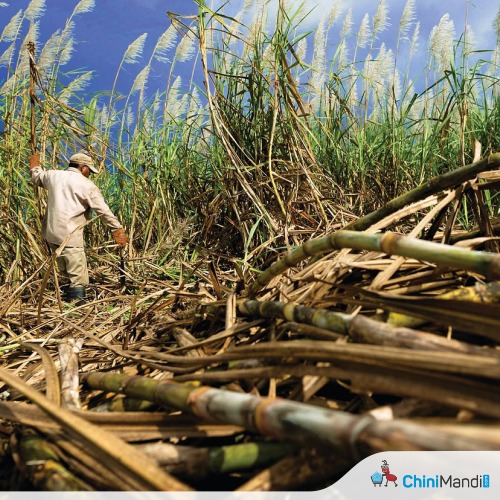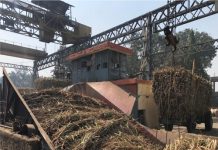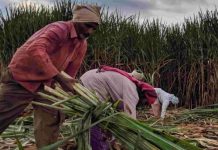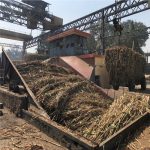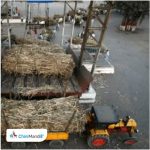The National Federation of Sugarcane Planters (NFSP) has called on the Sugar Regulatory Administration (SRA) to clarify the importation of 424,000 metric tons of refined sugar, NFSP president Enrique D. Rojas said on Thursday, October 9, reports Digicast Negros.
Rojas noted that while the SRA had earlier assured that there would be no discussions on sugar importation until May or June 2026, it had already approved the importation under Sugar Order No. 8, Series of 2024-2025. The approved shipment is set to arrive between July 15 and November 30, 2025.
He said this approval contradicts SRA’s recent statements discouraging public talk of importation, which it claimed could destabilize prices and affect the sugar industry.
Rojas emphasized that the NFSP remains committed to protecting the welfare of sugar farmers and ensuring fair prices for their produce. He said sugar prices are determined not by speculation or news reports, but by actual supply and demand figures reflected in SRA’s official reports.
Citing SRA’s Sugar Supply and Demand Situation Report as of September 14, 2025, Rojas said that 176,522.20 metric tons of imported sugar had already arrived, and 8,825 metric tons had been withdrawn. With about 250,000 metric tons more expected to arrive between September and November, he warned that the market could become oversupplied, driving prices down.
“With a projected combined ending balance of about 500,000 metric tons of raw and refined sugar, plus the remaining imports under Sugar Order No. 8, we fear the market will be saturated,” Rojas said.
He also questioned the manner in which the order was issued, explaining that during a July 7, 2025 consultative meeting, stakeholders had agreed to import only 150,000 metric tons and that further imports should be discussed first. However, Sugar Order No. 8—dated June 28 and released right after that meeting—authorized 424,000 metric tons instead.
Rojas clarified that his earlier remarks, which were misinterpreted by a national newspaper as supporting importation due to pest-related crop damage, were taken out of context. He stressed that NFSP opposes importation at this point in the milling season.
“Any importation should be consultative, calibrated, based on actual supply and demand, and limited to what is truly needed,” he said.

